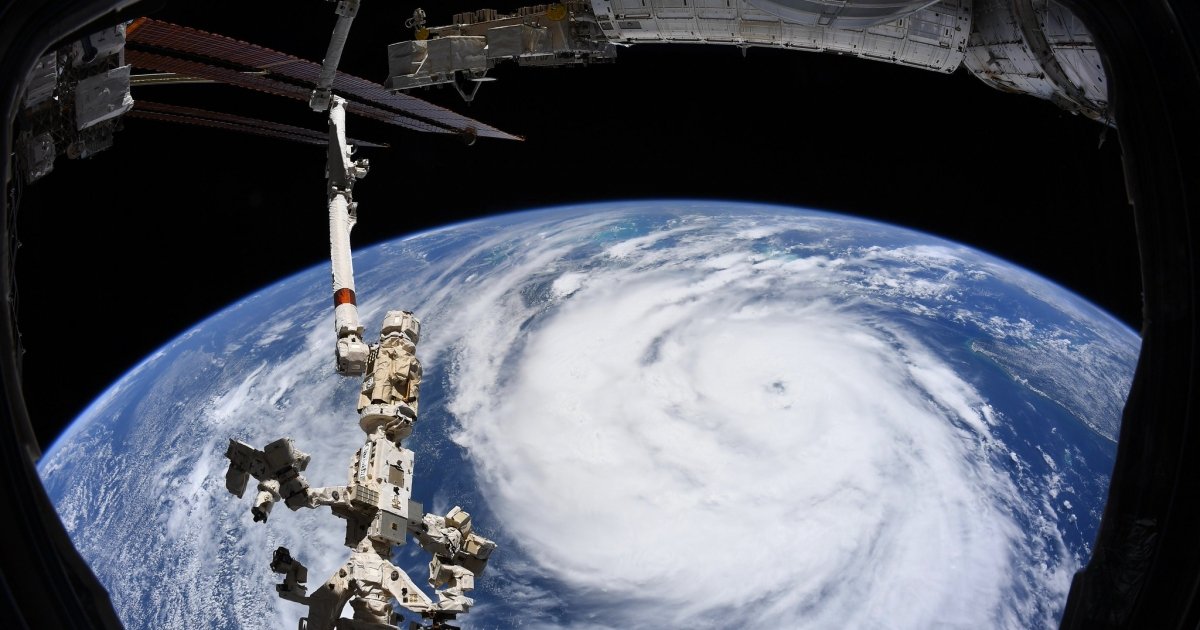Space law and policy are critical areas that have evolved alongside space exploration. The international legal framework governing space exploration and the use of space technology is based on the Outer Space Treaty of 1967. The treaty, which was ratified by over 100 countries, established a framework for the peaceful exploration and use of outer space. It outlines the principles of non-appropriation, non-interference, and international cooperation, among others.
One of the primary objectives of the Outer Space Treaty was to prevent the militarization of space. It prohibits the deployment of nuclear weapons or other weapons of mass destruction in outer space and requires that the exploration and use of space be carried out for peaceful purposes. It also establishes liability for damage caused by space objects and requires that states provide assistance to astronauts in distress.
The Outer Space Treaty has been followed by a series of other international agreements, including the Moon Agreement of 1979 and the Liability Convention of 1972. The Moon Agreement, which has been ratified by only a small number of countries, provides a framework for the peaceful exploration and use of the moon and other celestial bodies. The Liability Convention establishes liability for damage caused by space objects and requires states to carry liability insurance.
Space law and policy have also been influenced by the increasing involvement of private actors in space exploration. The commercialization of space has raised complex legal and policy questions related to property rights, liability, and intellectual property. There is currently no clear legal framework for the commercial exploitation of resources in outer space, and it is an area that is still being debated and developed.
Another critical issue in space law and policy is the regulation of space debris. The increasing number of space objects in orbit around the Earth has led to concerns about the proliferation of space debris and the potential risks it poses to other space objects and spacecraft. There are currently no clear rules or regulations governing the removal of space debris, and it is an area that is still being developed.
In conclusion, space exploration and technology have had a significant impact on the development of space law and policy. The international legal framework governing space exploration and the use of space technology has evolved over the years, and it will continue to evolve as new challenges and opportunities arise. The increasing involvement of private actors in space exploration and the commercialization of space will continue to raise complex legal and policy questions that must be addressed.



